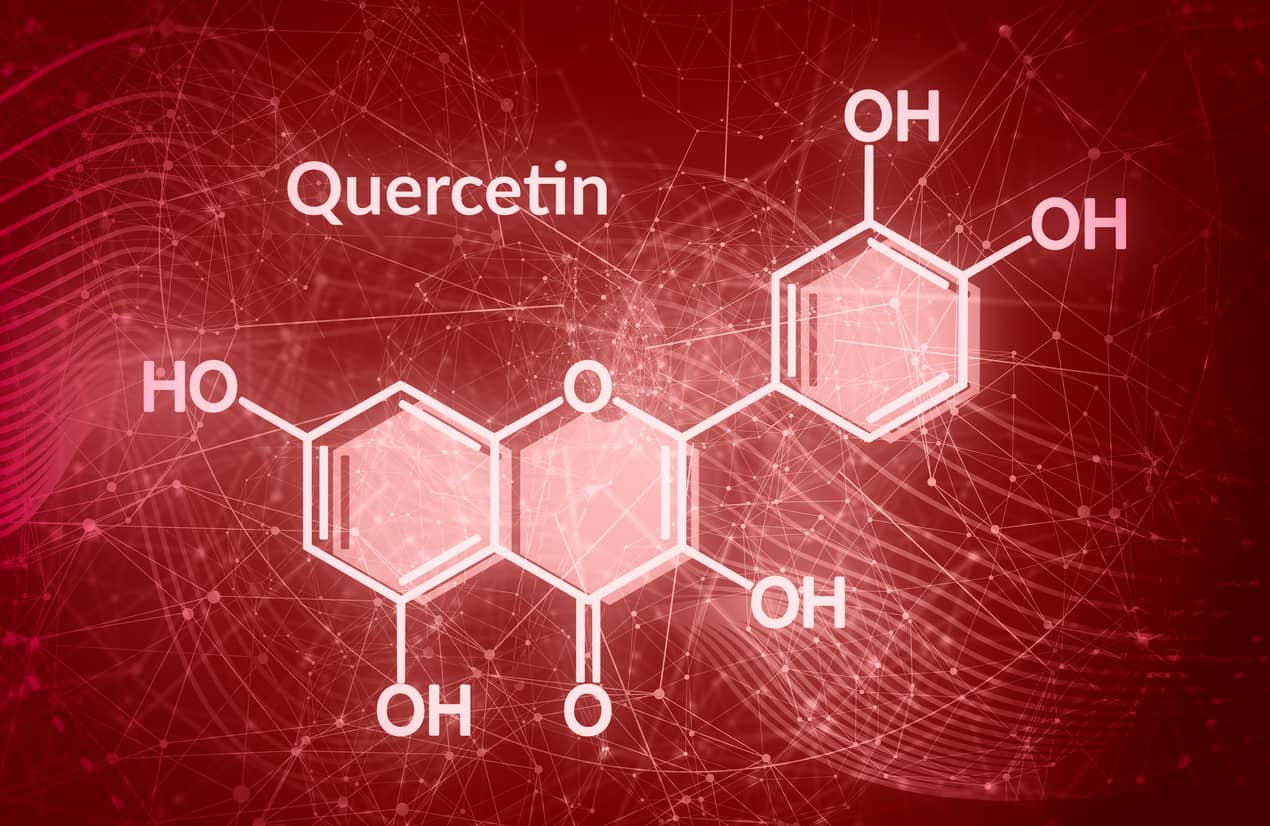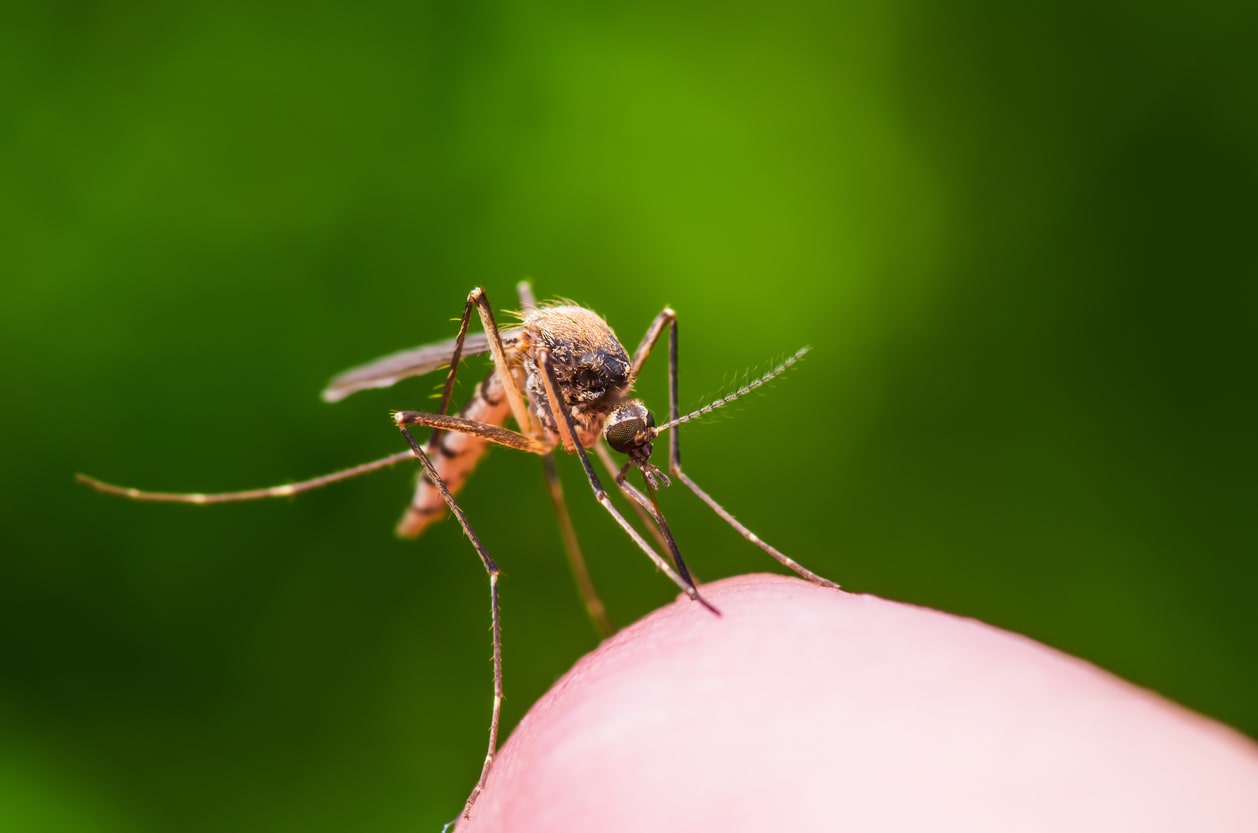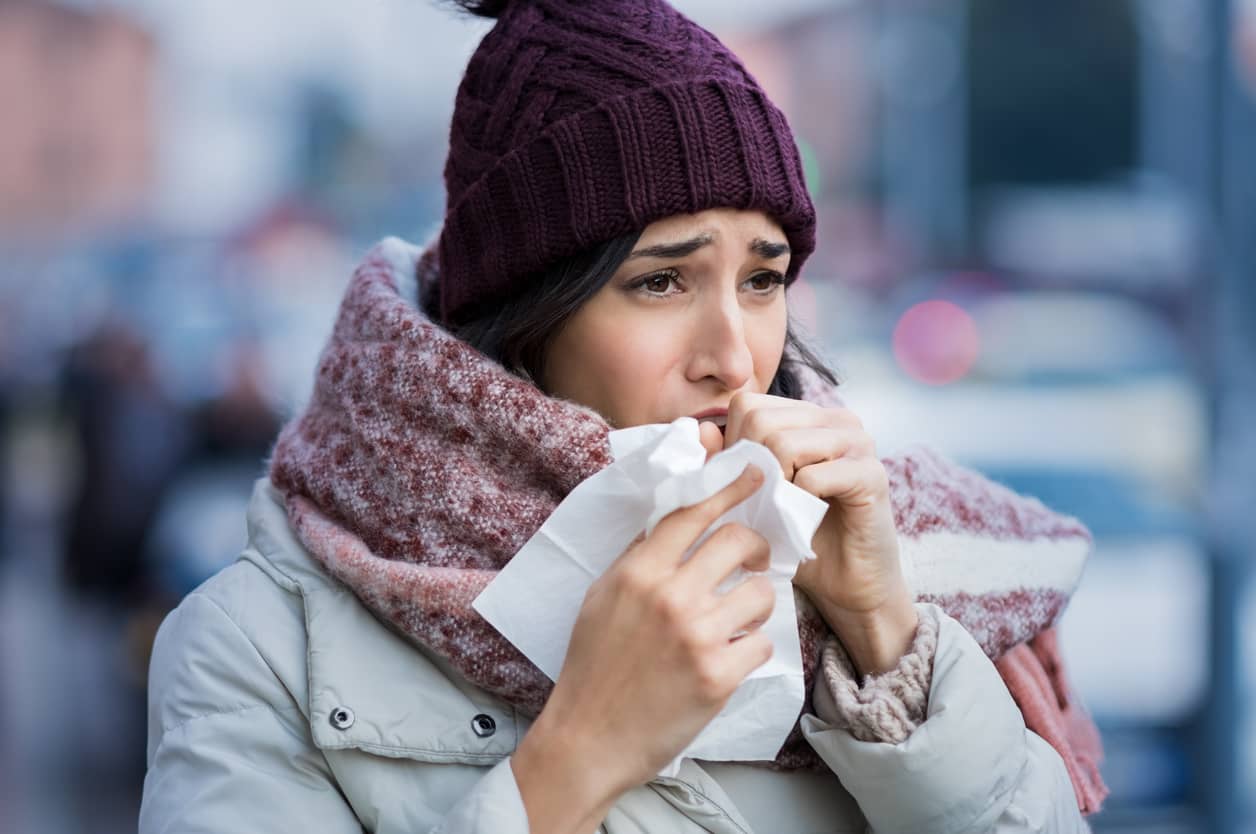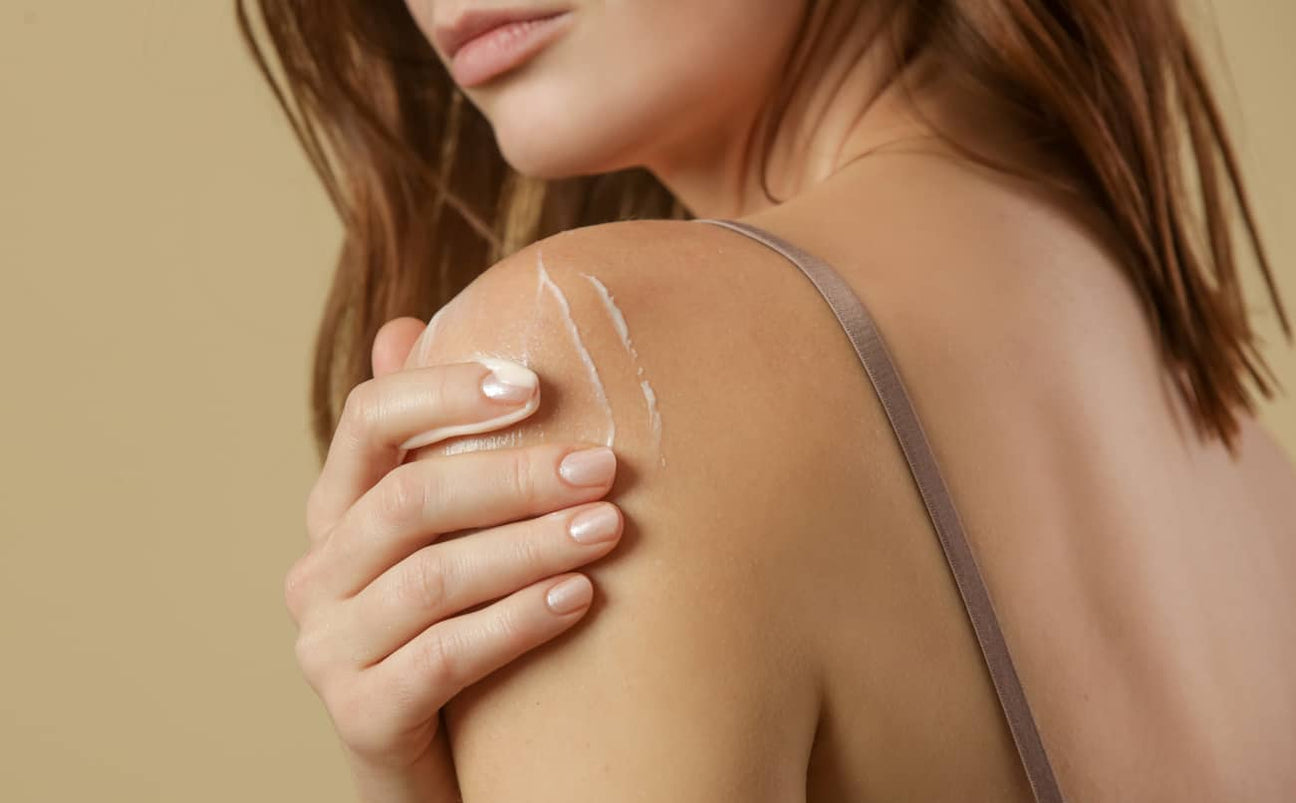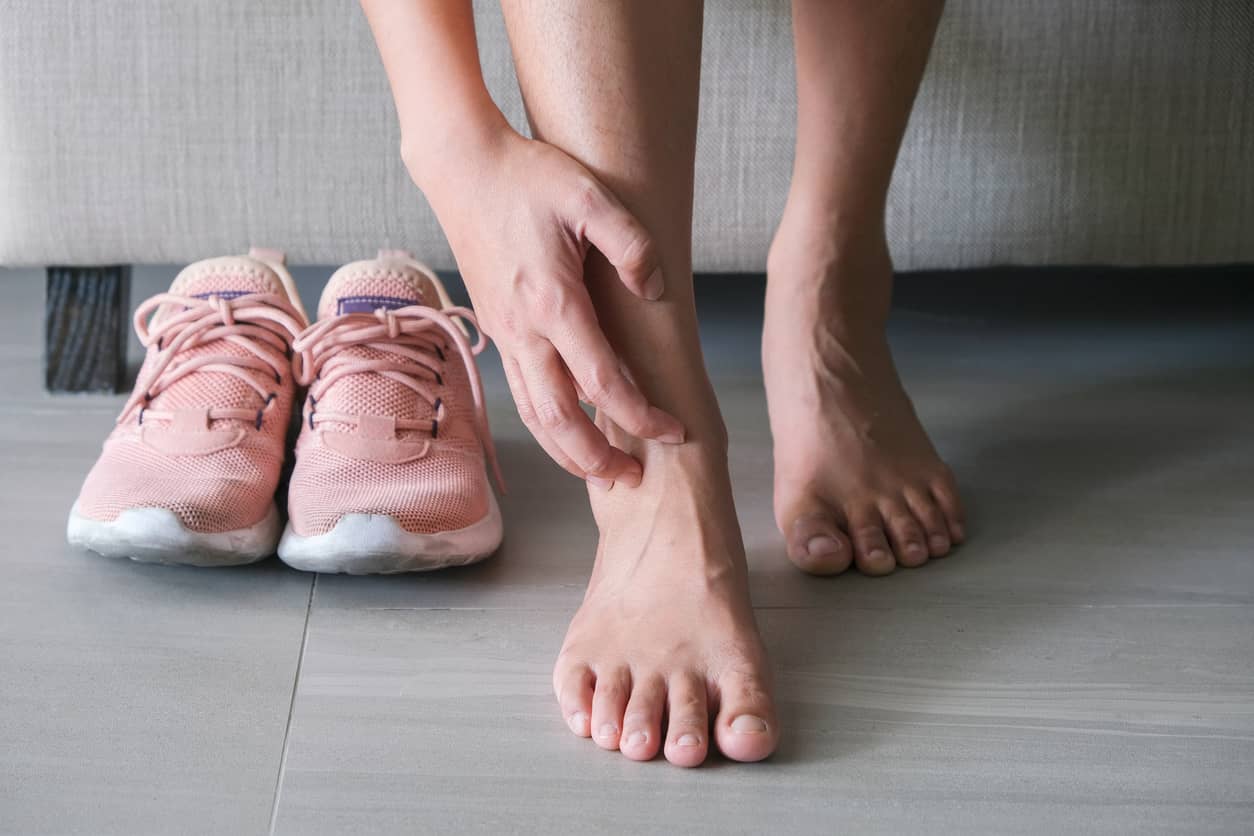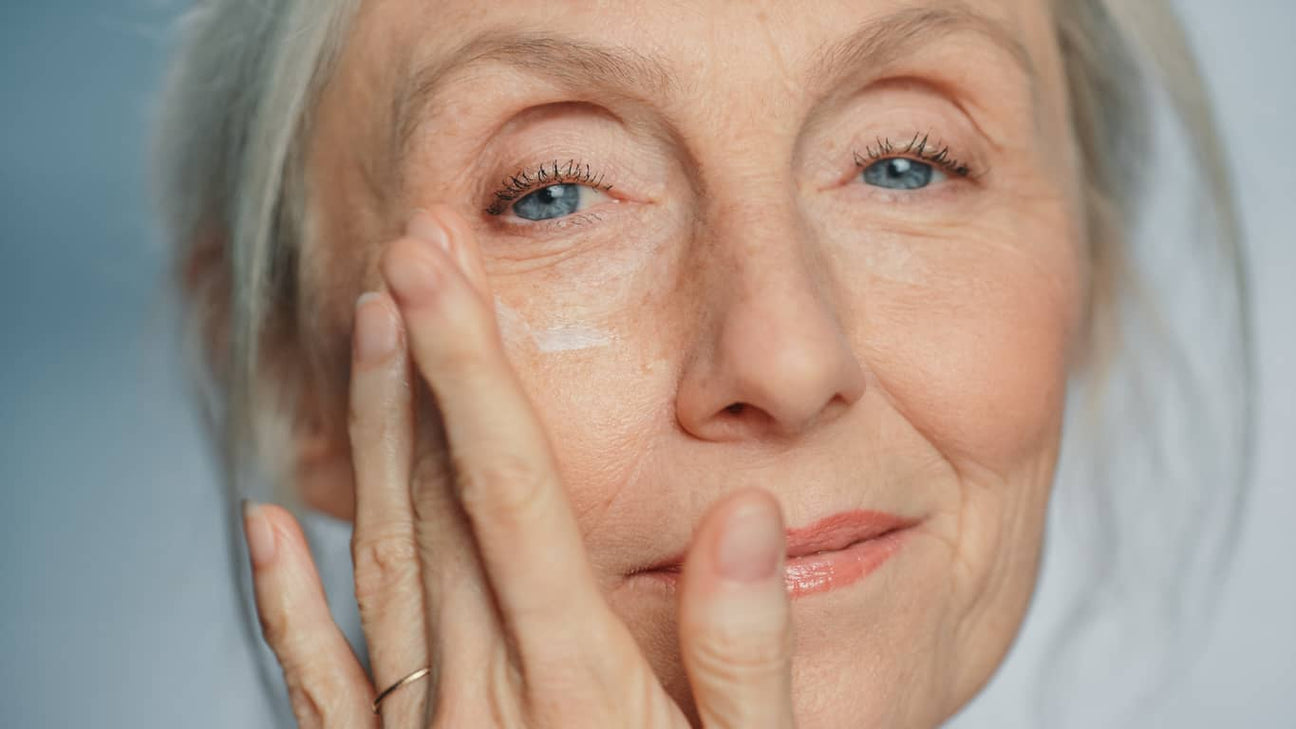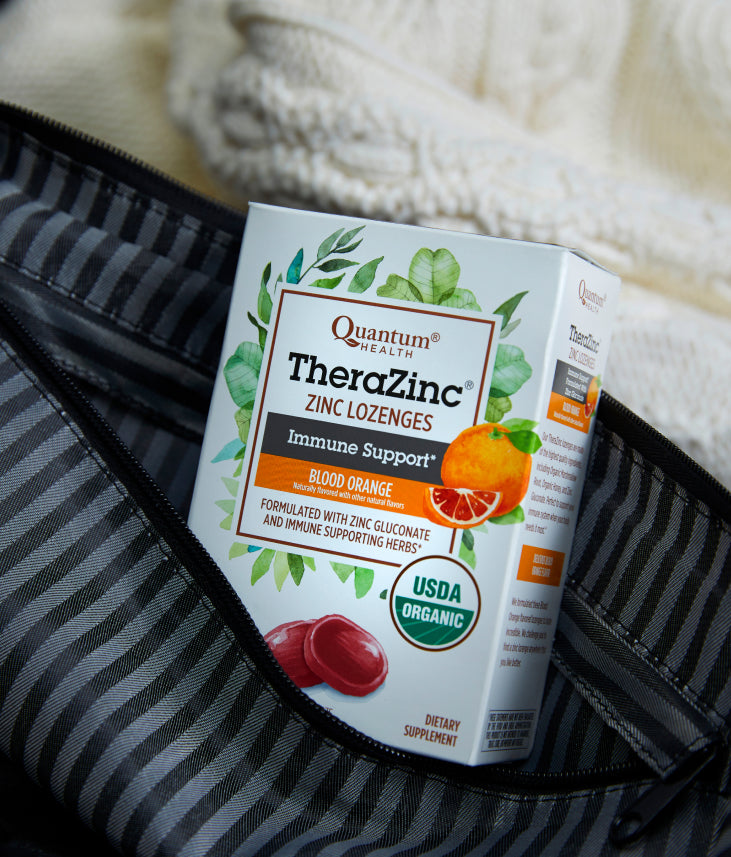Everything You Need to Know About Cracked Skin
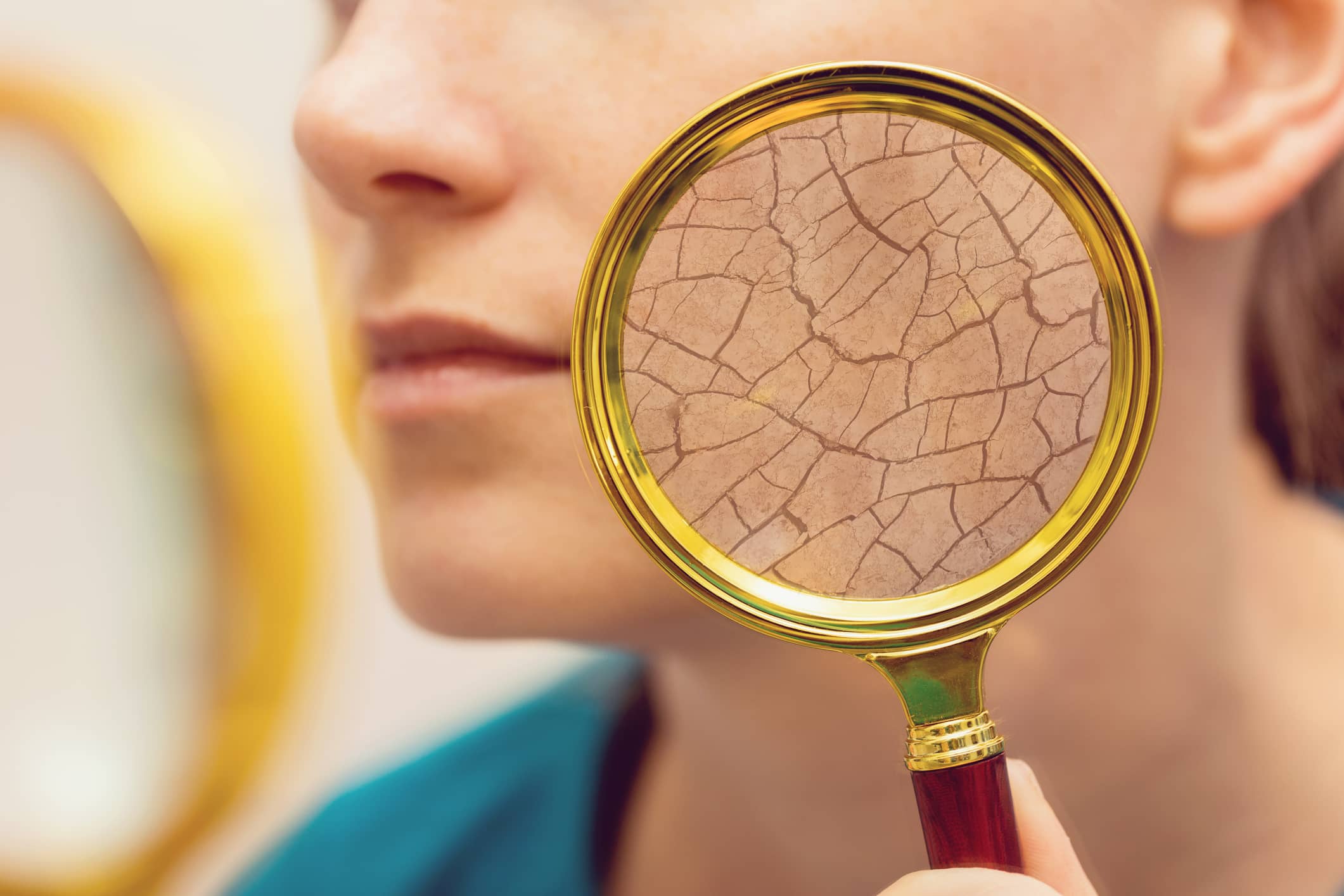
Cracked skin is something that many of us deal with at some point and is often caused by dryness. If you're experiencing prolonged periods of dry or cracked skin, it's important to identify the cause and take steps to help restore your skin's health.
How to Identify Cracked Skin
The first step in addressing cracked skin is to identify it accurately. Common signs of cracked skin include flaking, scaling, itching, redness, irritation, and of course cracks in the skin.
Other symptoms may include burning sensations around the affected area or tightness or roughness on the skin's surface. In more severe cases, the skin may even bleed. If left untreated, dry, and cracked skin can lead to further potential complications like infection or inflammation.
Most people will develop cracked skin on their hands, feet, and lips, but it can also develop anywhere on the body.
Potential Causes of Cracked Skin
When cracked skin arises, there are usually a few ways to identify the cause to address it more effectively. Below are some of the leading causes of cracked skin.
Dry Skin
Dry skin and cracked skin are a bit different. Dry skin is one of the leading causes of cracked skin, which is often caused by other factors like cold weather, chemicals, excessively hot water, too much moisture, and even doctor-prescribed medications.
When your skin is smooth and hydrated, it has the necessary oils to help keep the skin from drying out by retaining moisture. When moisture is lost, it can cause the skin to dry out and shrink, which can lead to cracked skin.
Eczema and Other Medical Conditions
Eczema is a skin condition that causes dry, itchy, and inflamed skin. While dry skin can contribute to the development of eczema, other factors, such as genetics and allergies, can also play a role.
Other medical conditions like Psoriasis and diabetic neuropathy can also lead to dry, cracked skin. Psoriasis makes skin cells grow too fast and as the cells build up over time, the skin can become scaly, leading to dry, cracked skin.
Chapped Lips
Chapped lips are another cause of cracked skin, if left untreated for too long. When our lips become overly dry and irritated, the stress on the skin can cause the lips to crack, flake, and sometimes even become swollen or itchy.
How to Help Treat Cracked Skin
To minimize dry skin which can lead to cracked skin, it’s important to prioritize your skin health to help stop potentially permanent skin changes from arising. While everyone is different, below is a list of treatments that may help.
- Moisturizing creams or ointments – these creams can help keep your skin well hydrated, which can help combat dry skin which leads to cracked skin. Follow the product's directions, but it is important to apply frequently to help your skin retain moisture. Quantum Health’s Skin Crack Cream uses super-nourishing ingredients like sunflower oil, cocoa butter, allantoin, vitamin E, and lysine.
- Exfoliation of the area – Gentle exfoliation can help remove dry cells from the affected area and is the most recommended for cracked skin on the feet and heels, common areas of dry and cracked skin.
- Liquid bandages – These bandages can be most helpful for deeper cracks in your skin. This OTC treatment works by holding the dry, cracked skin together which will help encourage healing of the area.
Share
Your share can inspire countless others.

























